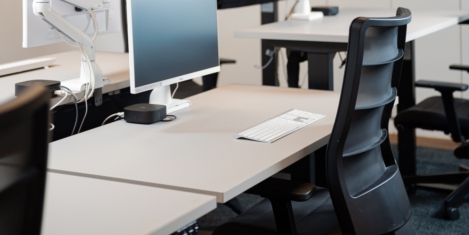November 13, 2025
Most daily behaviours are driven by habits, rather than conscious decisions
![]() A new study suggests that a significant majority of daily behaviours are driven by habit rather than conscious decision-making, raising important questions for organisations about how routines form and how workplace environments shape behaviour. The research, published in the journal Psychology & Health, was conducted by Amanda L. Rebar of the University of South Carolina alongside colleagues from the University of Surrey and Central Queensland University. The team sought to measure the extent to which people’s daily behaviours are initiated and carried out automatically, rather than deliberately, and how often those behaviours align with personal intentions. (more…)
A new study suggests that a significant majority of daily behaviours are driven by habit rather than conscious decision-making, raising important questions for organisations about how routines form and how workplace environments shape behaviour. The research, published in the journal Psychology & Health, was conducted by Amanda L. Rebar of the University of South Carolina alongside colleagues from the University of Surrey and Central Queensland University. The team sought to measure the extent to which people’s daily behaviours are initiated and carried out automatically, rather than deliberately, and how often those behaviours align with personal intentions. (more…)


































October 10, 2025
Can we all stop shouting about AI (and start listening to each other instead)?
by Stephanie Fitzgerald • AI, Comment, SF
(more…)